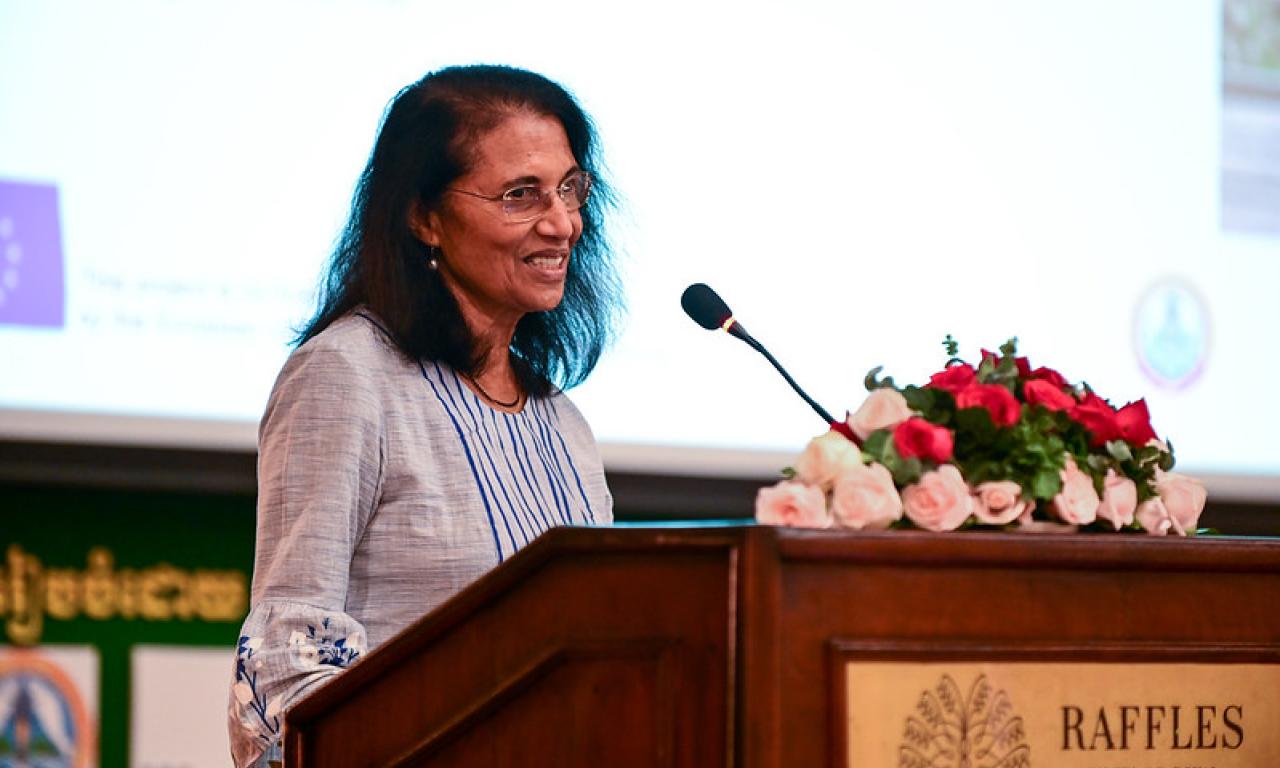
Aquatic foods and food systems have long lived in the shadow in agricultural research. Last year’s award of the World Food Prize could change this. Prize recipient Shakuntala Thilsted on healthy nutrition for the poor and vulnerable, the role of progressive governments, and simple solutions with a big impact on women’s empowerment.
Ms Thilsted, last October, you were awarded the 2021 World Food Prize, often referred to as the “Nobel Prize for Food and Agriculture”. Would you have ever expected to receive this award?
Shakuntala Haraksingh Thilsted: No. I never thought it would come to me, especially because traditionally the focus in food and agriculture is still largely on food crops, on livestock, while aquatic foods don’t figure much. So in that respect I was extremely happy to get the award because it was shining light on an area that is unrecognised and underrepresented in the global narrative.
##
This article was originally published in Rural 21: The International Journal for Rural Development. Click here to read more.
